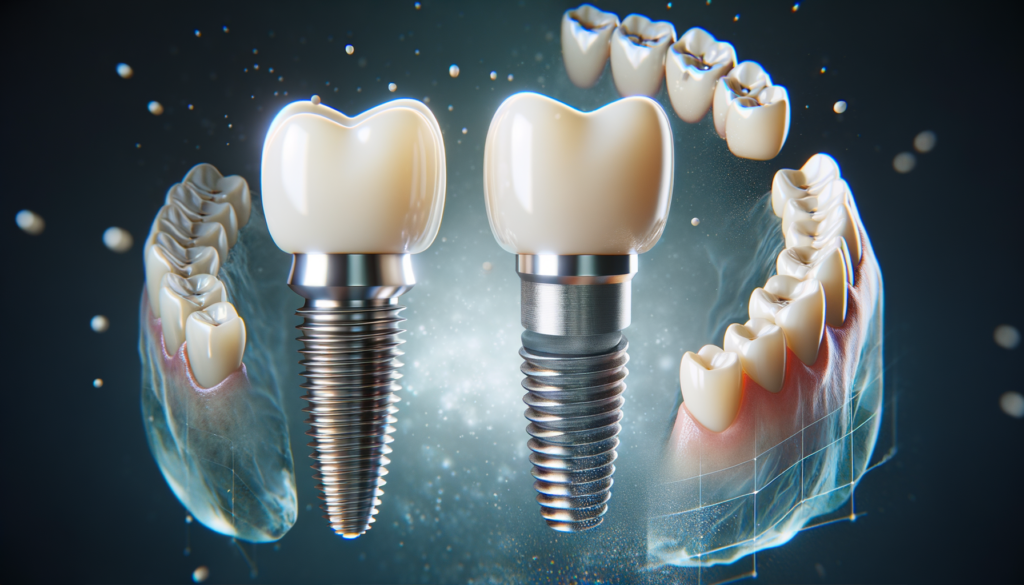The Finance Blog

Discover How to Qualify for Dental Implants Clinical Trials in Germany
Understanding Dental Implants and Their Benefits
Dental implants have revolutionized the field of dentistry, providing a durable and aesthetically pleasing solution for those who have lost teeth due to injury, decay, or other dental issues. Unlike dentures or bridges, dental implants are surgically inserted into the jawbone, acting as a root for the replacement tooth. This integration with the bone not only offers stability but also helps in maintaining the jawbone’s integrity, preventing bone loss over time.
One of the most compelling benefits of dental implants is their ability to function like natural teeth. They allow for normal chewing and speaking, enhancing the quality of life for many patients. Additionally, dental implants are known for their longevity. With proper care, they can last a lifetime, making them a cost-effective solution in the long run. Although the initial cost may be higher compared to other dental prosthetics, the durability and low maintenance of implants make them a worthwhile investment.
Furthermore, dental implants can significantly improve oral health. They do not require the reduction of adjacent teeth, which is necessary for a dental bridge, thus preserving the natural tooth structure. This aspect, combined with their natural appearance, makes dental implants a highly regarded option among dental professionals and patients alike.
The Process and Criteria for Clinical Trials in Germany
Participating in clinical trials for dental implants in Germany involves a series of steps and specific criteria. These trials are crucial for advancing dental technology and offering patients access to cutting-edge treatments. Generally, clinical trials are conducted in phases, each with a distinct goal, from assessing safety to evaluating effectiveness in larger populations.
To qualify for a clinical trial, candidates typically undergo a thorough screening process. This may include a comprehensive dental examination, medical history review, and specific criteria such as age, health status, and the extent of dental issues. Potential participants should be aware that trials are designed to test new procedures or materials, which may involve certain risks. However, they also offer the opportunity to receive advanced treatment options under expert supervision.
Germany is known for its robust healthcare system and stringent regulatory standards, ensuring that clinical trials are conducted with utmost ethical considerations and scientific rigor. Participants in these trials often receive treatment at little or no cost, along with potential compensation for their time and travel expenses. This makes clinical trials an attractive option for those seeking innovative dental solutions.
How to Prepare for Participation in a Dental Implant Trial
Preparation for participation in a dental implant clinical trial involves several key steps. Firstly, it’s essential to gather all necessary medical and dental records, as these will be critical during the screening process. Understanding the specific requirements and objectives of the trial can also help in determining eligibility and setting realistic expectations.
Communication with the trial coordinators is crucial. They can provide detailed information about the trial’s design, potential risks, and benefits. Participants should feel comfortable asking questions and expressing any concerns they may have. It’s also important to consider the time commitment involved, as trials may require multiple visits and follow-up appointments over an extended period.
Maintaining good oral hygiene and overall health is another critical aspect. A healthy lifestyle can enhance the success of dental implants and improve recovery times. Participants should adhere to any pre-trial instructions provided by the research team, such as dietary restrictions or medication adjustments.
Lastly, emotional and mental preparation is beneficial. Participating in a clinical trial can be a unique experience, offering the chance to contribute to scientific research while potentially improving one’s dental health. Being prepared can help participants make the most of this opportunity.









